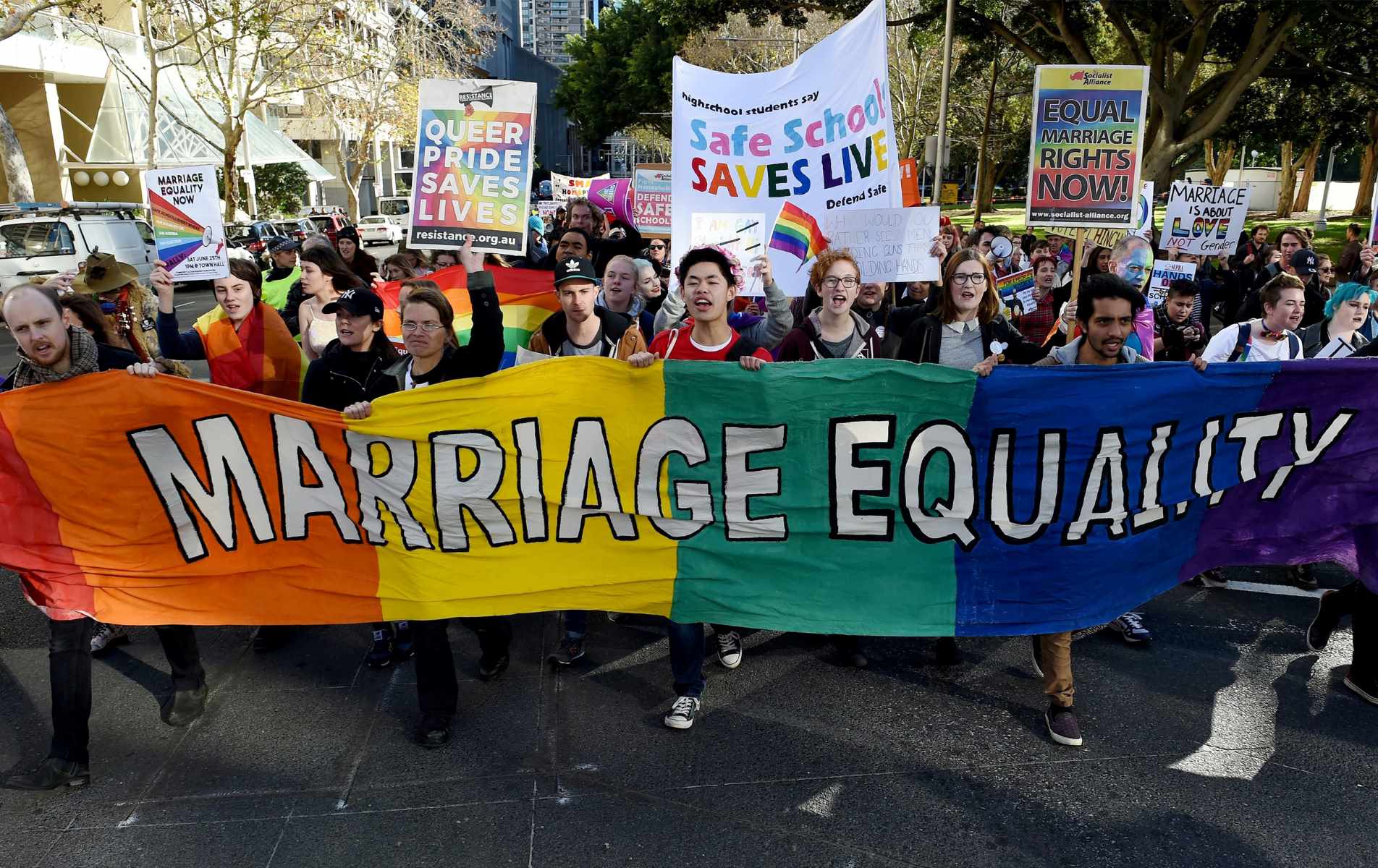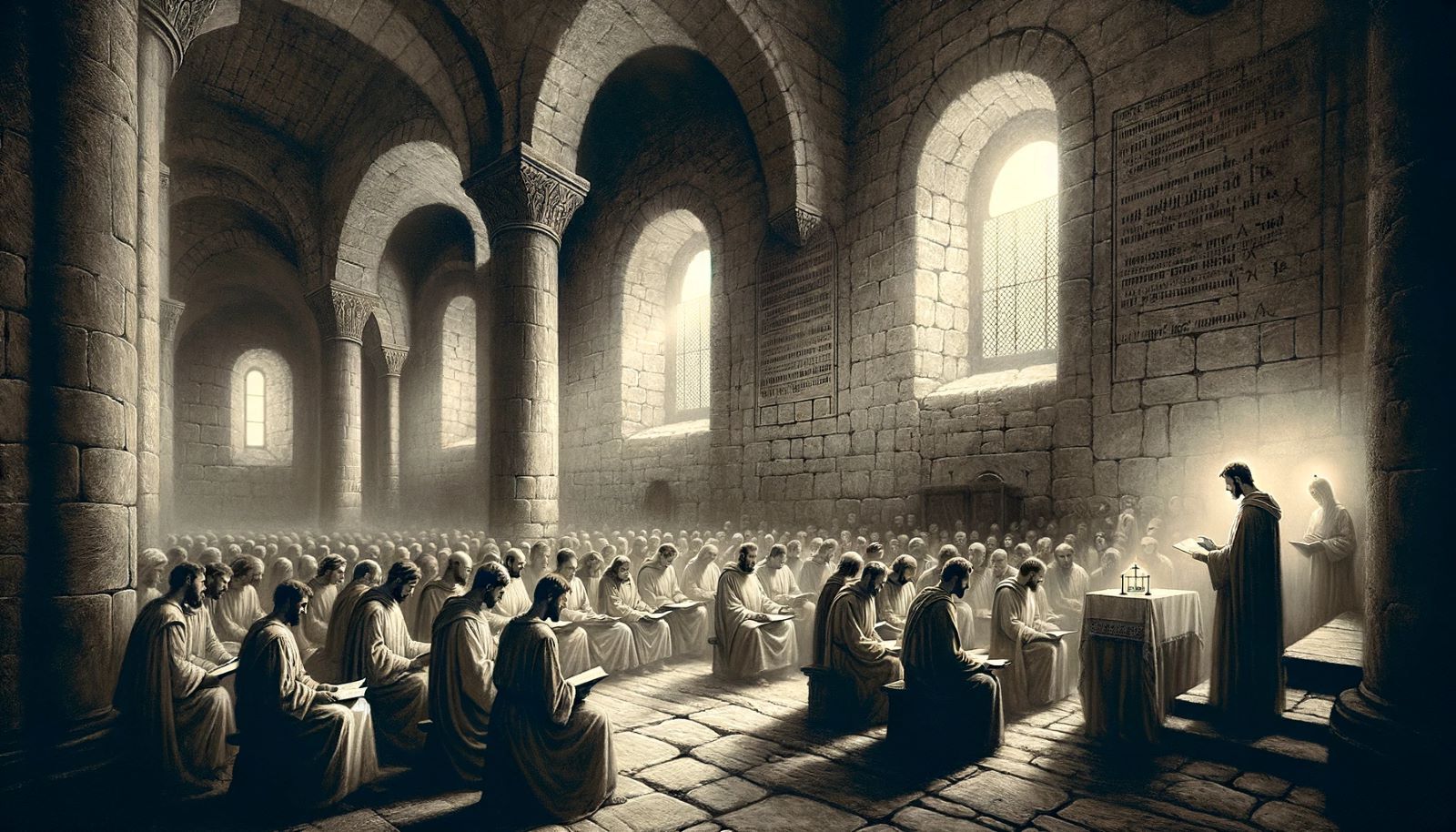
Marriage equality is a topic that has gained significant attention and importance in recent years. With changing societal attitudes and legal reforms, the concept of marriage equality has been extended to ensure that same-sex couples have the same rights and privileges as opposite-sex couples. This progressive shift towards marriage equality has sparked debates, celebrations, and ongoing discussions worldwide.
In this article, we will delve into 20 fascinating facts about marriage equality, providing insights into the history, impact, and significance of this movement. From the pioneering countries that legalized same-sex marriage to the benefits and challenges faced by LGBTQ+ couples, this exploration will shed light on the strides made and the work that still needs to be done to achieve true marriage equality. So, buckle up and join us on this informative journey as we delve into the fascinating world of marriage equality.
Key Takeaways:
- Marriage equality, or same-sex marriage, is a global movement that promotes the right for all individuals to marry, regardless of their gender or sexual orientation. It’s about love and human rights.
- Legalizing same-sex marriage provides benefits, reduces discrimination, and fosters inclusivity. It’s a milestone in the fight for LGBTQ+ rights and promotes a more compassionate and united society.
Marriage equality has become a global movement.
Marriage equality, also known as same-sex marriage, is a movement that advocates for the right of all individuals to marry regardless of their gender or sexual orientation. This movement has gained momentum around the world, with numerous countries legalizing same-sex marriage.
The Netherlands was the first country to legalize same-sex marriage.
In 2001, the Netherlands became the first country in the world to legally recognize and perform same-sex marriages. This historic moment marked a significant step forward in the fight for marriage equality.
Marriage equality is a matter of human rights.
The recognition of same-sex marriage is seen by many as a fundamental human rights issue. It affirms the right of LGBTQ+ individuals to love, commitment, and the equal protection of the law.
Marriage equality provides legal and financial benefits.
Legalizing same-sex marriage grants couples access to various benefits such as tax advantages, spousal healthcare coverage, inheritance rights, and the ability to make medical decisions for their partners.
Marriage equality promotes social acceptance and inclusivity.
Recognizing same-sex marriage helps to foster a more inclusive and accepting society, where LGBTQ+ individuals and their relationships are treated with dignity and respect.
Over 30 countries have legalized same-sex marriage.
Since the Netherlands set the precedent, many countries have followed suit in recognizing same-sex marriage. Currently, more than 30 countries around the world have legalized marriage equality.
Marriage equality reduces discrimination and stigma.
Legalizing same-sex marriage helps to counteract the discrimination and stigma that LGBTQ+ individuals often face when their relationships are not recognized or validated by society.
LGBTQ+ youth benefit from marriage equality.
Marriage equality sends a powerful message to LGBTQ+ youth, providing them with hope, acceptance, and a sense of belonging. It reinforces the notion that their love and relationships are just as valid as anyone else’s.
Marriage equality fosters economic growth.
Legalizing same-sex marriage can have positive economic effects, as it encourages wedding-related industries, tourism, and attracts talent to countries that embrace inclusivity.
Marriage equality strengthens families.
Recognizing and protecting same-sex marriages allows LGBTQ+ couples to build strong, supportive, and stable families, which benefits both the couple and any children they may have.
Marriage equality is supported by a majority of the population in many countries.
Public opinion on marriage equality has shifted significantly in recent years, with a majority of people in many countries supporting the right of same-sex couples to marry.
Marriage equality is not universally accepted.
While progress has been made in many parts of the world, there are still countries and regions where same-sex marriage is not legally recognized, and LGBTQ+ individuals face discrimination and persecution.
Marriage equality positively impacts mental health.
Legalizing same-sex marriage has been shown to improve the mental health and well-being of LGBTQ+ individuals, as it reduces stress and helps combat the negative effects of societal stigma.
Marriage equality does not undermine traditional marriage.
The recognition of same-sex marriage does not diminish or invalidate traditional marriages but rather expands the concept of marriage to include the diversity of loving relationships in our society.
Marriage equality has been supported by various religious groups.
Many religious organizations and denominations have embraced marriage equality and recognize the loving partnerships of same-sex couples within their faith communities.
Marriage equality is an ongoing fight.
While progress has been made, the battle for marriage equality is not over. Activists and advocates continue to work towards universal recognition and protection of same-sex marriages.
Marriage equality promotes equality in all aspects of life.
By recognizing same-sex marriage, society takes a significant step towards achieving true equality for LGBTQ+ individuals in all areas, including employment, housing, and healthcare.
Marriage equality celebrates love and commitment.
At its core, marriage equality is about celebrating the love and commitment between two individuals, regardless of their gender or sexual orientation.
Marriage equality benefits society as a whole.
A society that embraces marriage equality is more inclusive, diverse, and compassionate. It fosters a sense of unity and strengthens the bonds that hold communities together.
Marriage equality is a milestone in the fight for LGBTQ+ rights.
The recognition of same-sex marriage represents a significant milestone in the ongoing struggle for LGBTQ+ rights, signaling progress and signaling that love knows no boundaries.
Conclusion
In conclusion, marriage equality has been a significant milestone in the fight for equal rights and social progress. The acceptance and recognition of same-sex marriage has not only paved the way for equal treatment under the law, but it has also had a profound impact on changing societal attitudes towards LGBTQ+ individuals.With marriage equality, committed same-sex couples now have the opportunity to celebrate their love and commitment in the same way as opposite-sex couples. This has fostered stronger relationships, increased happiness, and provided a sense of belonging and validation for LGBTQ+ individuals and their families.However, it is important to remember that there is still work to be done to ensure full equality and acceptance for all. Marriage equality is just one aspect of the broader fight for LGBTQ+ rights, and it is essential to continue advocating for equal treatment in all areas of life.As we celebrate the progress made in achieving marriage equality, let us also strive for a society where everyone is valued and respected, regardless of their sexual orientation or gender identity. Together, we can create a more inclusive and accepting world for future generations.
FAQs
Q: What is marriage equality?
A: Marriage equality refers to the legal recognition and acceptance of same-sex marriages, allowing couples of the same gender to marry and enjoy the same legal benefits and protections as heterosexual couples.
Q: When did marriage equality become a reality?
A: The first country to legalize same-sex marriage was the Netherlands in 2001. Since then, many other nations and jurisdictions have followed suit, gradually expanding marriage equality around the world.
Q: Why is marriage equality important?
A: Marriage equality is important because it ensures equal rights and protections for all couples, regardless of their sexual orientation. It promotes inclusivity, strengthens relationships, and fosters a more equitable society.
Q: Does marriage equality only benefit LGBTQ+ individuals?
A: No, marriage equality benefits society as a whole. It promotes love, commitment, and stability in relationships, and provides legal protections for all couples, regardless of their sexual orientation or gender identity.
Q: Are there still countries where marriage equality is not recognized?
A: Yes, there are still countries where same-sex marriage is not legally recognized. However, the global trend is moving towards greater acceptance and recognition of marriage equality.
Q: What can I do to support marriage equality?
A: You can support marriage equality by advocating for LGBTQ+ rights, educating others about the importance of equality, and standing up against discrimination and prejudice. Additionally, supporting organizations and initiatives working towards marriage equality can make a significant impact.
Was this page helpful?
Our commitment to delivering trustworthy and engaging content is at the heart of what we do. Each fact on our site is contributed by real users like you, bringing a wealth of diverse insights and information. To ensure the highest standards of accuracy and reliability, our dedicated editors meticulously review each submission. This process guarantees that the facts we share are not only fascinating but also credible. Trust in our commitment to quality and authenticity as you explore and learn with us.


